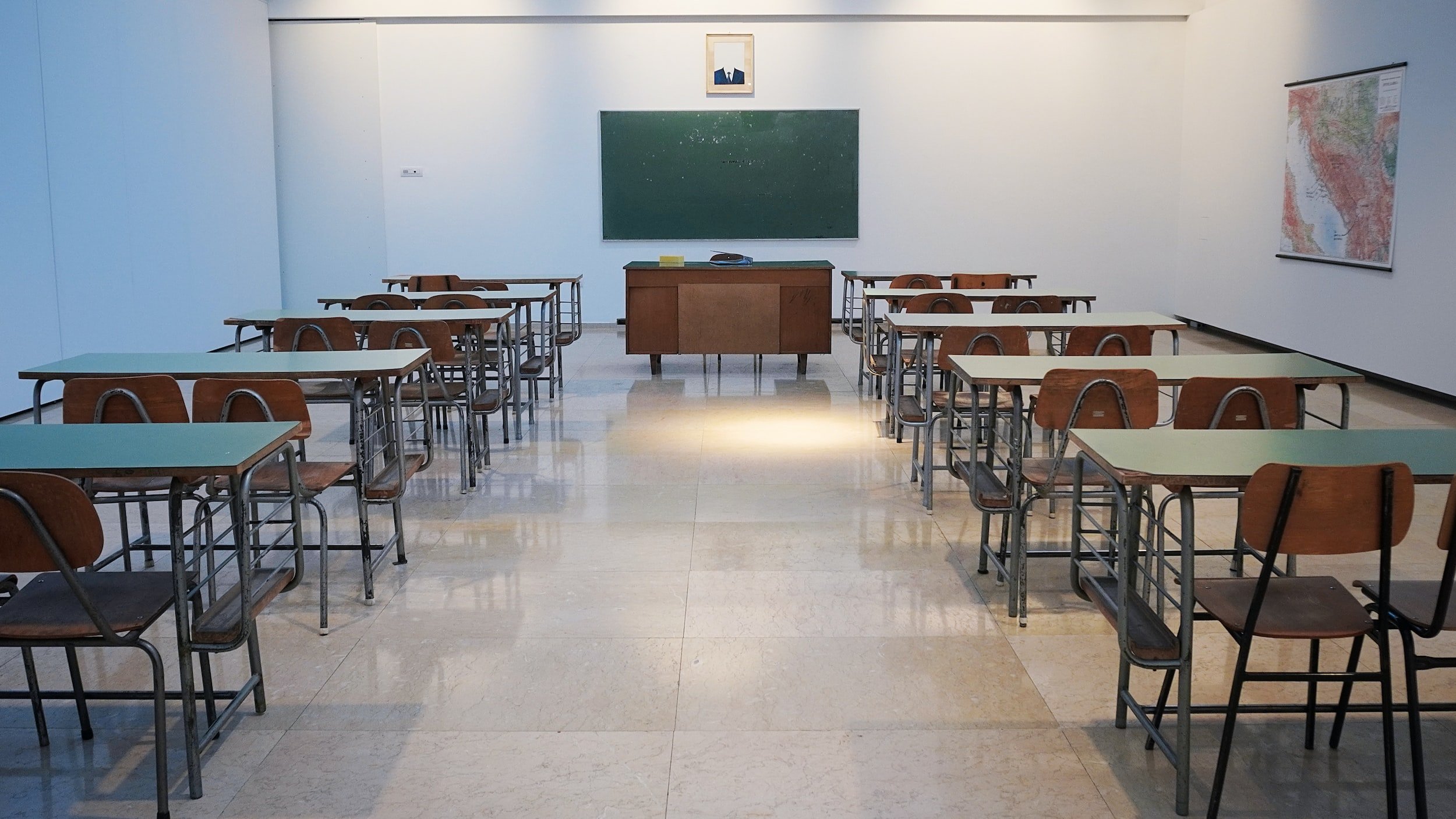
Why is it so important for us to get things “right”?
What even is the “right” answer?
If it’s “right” for you, is it “right” for me?

Context and Process
You may be reading our brief on the Work on the Self programme, possibly wondering about the process and research behind our work. What differentiates this work from other self-development or actor training programmes? What “methods” do we employ in the training space, so that each participant learns something new about themselves each time, and consequently grows as a human being?
![Clement Yeo’s Experience (Participant) [he/him]](https://images.squarespace-cdn.com/content/v1/5ea05e9b7a5fbe4ab1e70d0c/1633017164794-PL1U0G4RSEFQF4XUV7OG/photo6246609824557149934.jpg)
Clement Yeo’s Experience (Participant) [he/him]
To be human - that’s what this space is all about.
![Damien Ng’s Experience (Participant) [he/him]](https://images.squarespace-cdn.com/content/v1/5ea05e9b7a5fbe4ab1e70d0c/1633017198798-515MYGEGAFF3GF9E0H66/FE2C3688-D5AF-4C55-99D8-C3E3517618B9.jpeg)
Damien Ng’s Experience (Participant) [he/him]
And by the end of the training, will you 100% know yourself? Possibly not… but it is definitely a step forward. It will be a process but the process is something that can change you and your perspective for the rest of your life. It’s not just about tackling our inner demons, it’s about being one with them. And being okay with that.
![Ella Wee’s Experience (Participant) [she/her]](https://images.squarespace-cdn.com/content/v1/5ea05e9b7a5fbe4ab1e70d0c/1633017236550-7M2I3Q49S9HE0QOVFJBX/photo6247003020223164025.jpg)
Ella Wee’s Experience (Participant) [she/her]
What does it mean to care for someone? I equate it to a kind of love. and love requires a yielding of intentionality. i think. I don’t know what it means to love and to care for someone. I’m still figuring it out.
![Lim Jun De’s Experience (Participant) [he/him]](https://images.squarespace-cdn.com/content/v1/5ea05e9b7a5fbe4ab1e70d0c/1633042430284-XM40HA4A1OO2DCBBYTMQ/IMG_5950+%281%29.JPG)
Lim Jun De’s Experience (Participant) [he/him]
During training, there was the introduction of the “I-thou” concept and resigning into a space. When we practised the exercise, it blew my mind as I have always struggled to ease into my scenes and make a connection with my scene partner. Yet, with a simple change of mindset and the right vocabulary (which I think came from tons of research), I am able to experience Stanislavski’s Public Communion and ease without much issues. It is the contemporary revisions of old concepts that makes me come back to SPLIT every time as it really rejuvenates my own craft.
![Lim Ci Xuan’s Experience (Participant) [she/her]](https://images.squarespace-cdn.com/content/v1/5ea05e9b7a5fbe4ab1e70d0c/1633042479729-XD69L74M3G7GMD0O8PVO/IMG_6101+%281%29.JPG)
Lim Ci Xuan’s Experience (Participant) [she/her]
When we think about the self, words like selfish, self-centered, self-absorbed, self-esteem, self-indulgence come about. And half of the words that I just described are not exactly cool or positive, they seem to be very bad qualities or things that society frowns upon. But the training, in fact, is not about, or just about the self. It is about the relationship between the self and the others, the relationship between the self and something that is bigger (nature, cosmos, whatever we imagine that is out there).
![Joash Zheng’s Experience (Participant) [they/them]](https://images.squarespace-cdn.com/content/v1/5ea05e9b7a5fbe4ab1e70d0c/1633017268946-PD8YQJ0WUTS4M0LUF23V/photo6244623943348628962.jpg)
Joash Zheng’s Experience (Participant) [they/them]
But in the past ten weeks I have also seen more value in all the parts of me I have failed to obliterate. I am more than the idea I have of what I want to be. I am bigger than the narrow-minded pursuit of better if I simply let myself sit with all the worst and best parts of myself.
![Sreya Sanyal’s Experience (Participant) [she/her]](https://images.squarespace-cdn.com/content/v1/5ea05e9b7a5fbe4ab1e70d0c/1633017333324-G0WL497K9MYC32FNJP4R/photo6053062358928042703.jpg)
Sreya Sanyal’s Experience (Participant) [she/her]
While all these memories probably seem like gibberish to those without context, I would describe it to an outsider as a philosophical group project accompanied by lots of movement. There’s quite a bit of unearthing of the psyche that goes on, and I realized that I received the answers to a lot of questions I didn’t know I had. Yes, there are elements of theatre involved but it doesn’t require one to be an expert. All you have to do is be open-minded, receptive and get ready to play!
![Cheng Xin Rui’s Experience (Participant) [he/him]](https://images.squarespace-cdn.com/content/v1/5ea05e9b7a5fbe4ab1e70d0c/1633018223488-JR0CS0GTBOPUBACZYUV0/photo6246885432608534196.jpg)
Cheng Xin Rui’s Experience (Participant) [he/him]
I stand by that. Because the self is always going to be a strange, nebulous concept, and the more certain you are of your own conception of yourself, the more fragile that conception is. The self is a journey, as is the Work on the Self. And that’s why it’s fun.
![Darryl Lim’s Experience (Facilitator) [he/him]](https://images.squarespace-cdn.com/content/v1/5ea05e9b7a5fbe4ab1e70d0c/1633018321510-492MX570O7AUYQIGGRIC/Darryl+Lim.jpg)
Darryl Lim’s Experience (Facilitator) [he/him]
What’s behind that number?
![Through The Looking Glass of Work on the Self (by Shu Yu [she/her] and Eugene [he/him], Spacebar Theatre)](https://images.squarespace-cdn.com/content/v1/5ea05e9b7a5fbe4ab1e70d0c/1636866830700-ARSXW8YNPOMWDXHU28UY/spacebar.jpg)
Through The Looking Glass of Work on the Self (by Shu Yu [she/her] and Eugene [he/him], Spacebar Theatre)
With the knowledge that much of Split’s work exists in the experience of the body and is often driven by personal stories, or associations, this documentation piece serves not as an evaluation of the programme nor a critique of Prayer Meeting. Instead, Through The Looking Glass of Work on the Self intends to provide a snapshot of what the training programme was like, taking observations from the rehearsals and Prayer Meeting, participant interviews and chats with Darryl as a starting point. This piece of writing also includes opinions, speculations and questions from a third-party point of view, and hopes to incite further reflection from the facilitators, participants and audiences so that WOTS can continue to grow and transform.
